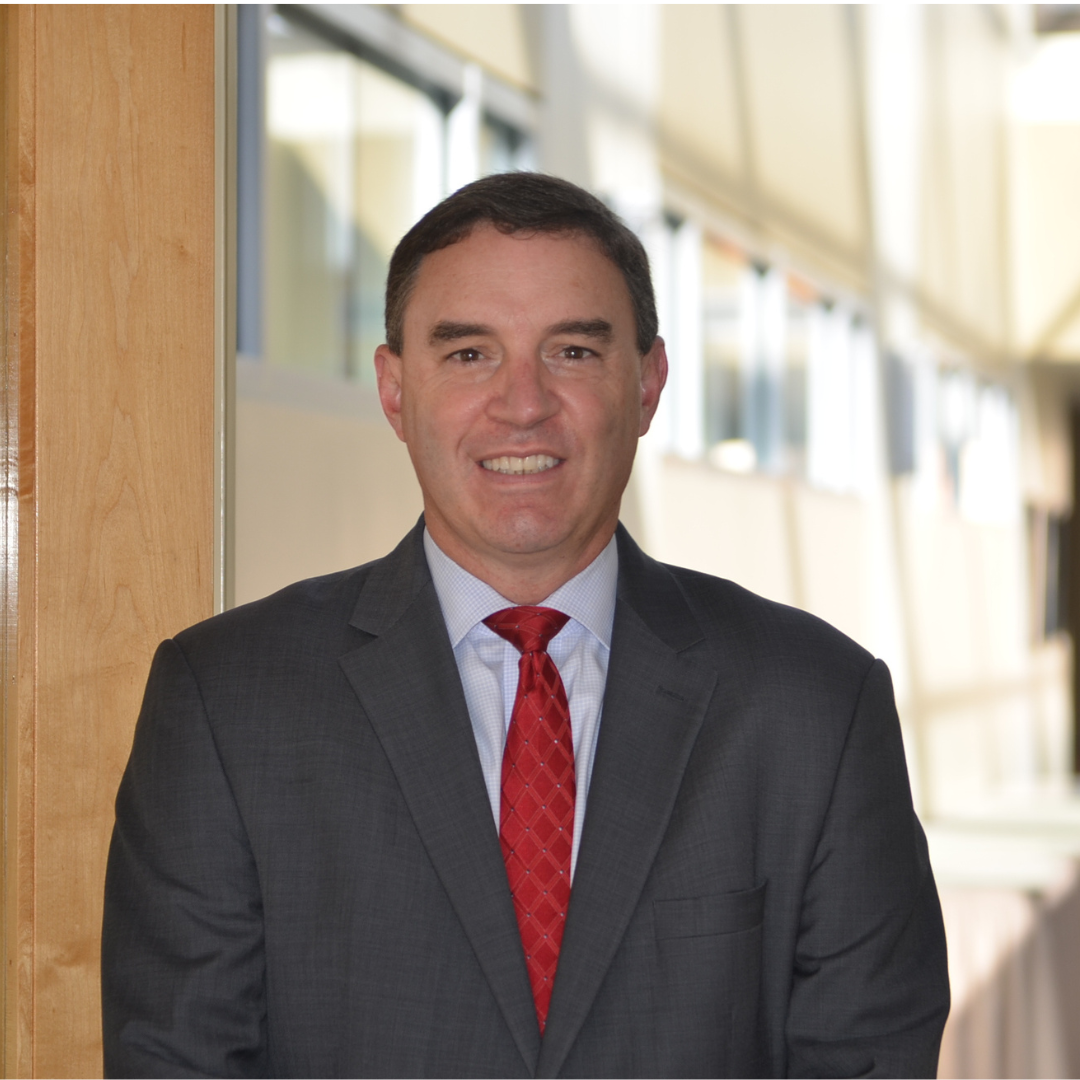What Massachusetts’ Post-Acute Care Backup Means for the Senior Care Industry
It’s well-known that staffing shortages have created significant challenges for the senior care industry, but a new report released by the Massachusetts Health and Hospital Association (MHA) sheds light on the crises those shortages are creating. The MHA Throughput Survey Report summarizes Massachusetts hospital data from January 2023. The data includes the number of patients waiting for post-acute care placement, barriers to patient care, wait time length, and more.
Findings of the Report

Adam Delmolino, director of virtual care and clinical affairs at Massachusetts Health and Hospital Association
The report’s data paints a grave picture. According to the report, 891 patients in hospitals throughout the state are waiting to be transferred to settings including long-term acute care hospitals and skilled nursing homes. For those patients, length of time awaiting discharge ranged from seven days to more than six months. One hundred and fifty-four residents awaited discharge for seven to 13 days, 183 waited 14 to 29 days, 215 waited 30 days to six months, and 44 waited more than six months. Patients required several different bed types, including short-term rehabilitation beds, long-term care beds, dementia, and geri-psych beds.
The report also outlines and ranks the challenges of discharging patients. The five challenges that carried the greatest weight included:
- Private insurance administrative barriers, including delayed response from the insurer or denial of the authorization request
- Lack of guardianship, conservatorship, or healthcare proxy for patients
- Lack of a secondary insurance
- Post-acute care facility staffing restraints and capacity restraints
- Inadequate post-acute network.
Implications of the Report’s Findings
The MHA started to track patient flow through hospitals in 2022, says Adam Delmolino, director of virtual care and clinical affairs. “At MHA, we continue to hear, especially as the Omicron surge hit, growing concerns with a large volume of patients awaiting discharge. This is a challenge not limited to a certain region of the state. It’s being felt across the state, and even across the country,” he says.
“We felt it was important for healthcare providers and policymakers to really understand the problem. Our goal is to use the report to understand discharge issues using data and quantitative feedback, and to make the issue known on top of all the pressures our healthcare providers are experiencing right now.”
While the report focuses on Massachusetts data, the post-acute care backup isn’t limited to the state. “We’ve had conversations with folks in other states and [the post-acute care backup] is happening for many of the same reasons that we’re seeing here right now,” Delmolino explains. “We are aware of other associations that are undertaking similar surveys for their members and tracking these issues. From a national perspective, we have some data with regards to the workforce in nursing homes.”
Addressing the Post-Acute Care Backup
The delay in accessing post-acute care has implications not only for the patients in need of care, but also for other patients, too. “We know that patients awaiting discharge aren’t getting the specialized care they need, which they would get at a post-acute care facility,” explains Delmolino. “The beds that are being taken up by patients with delayed discharges are unavailable to other patients. It’s a cycle where it pushes wait times even higher.”
He notes that there is a lot of work being done in Massachusetts to address the issue. “We’re really fortunate for the partnership here in Massachusetts,” Delmolino notes. “Since December, we’ve had voluntary flexibility in place in nursing homes, hospitals, and insurance companies. Nursing homes have agreed voluntarily to expand admissions hours including on Saturdays, and are working to accommodate admissions 24/7.
“Hospitals are working to discharge patients as early in the day as possible. The best discharge for our patients is one we can do between 9 and 7,” he explains. Discharges during that time period allow patients to get settled in their new room, have dinner, and get their medications before going to bed.
Delmolino explains that insurance companies are also required to respond to prior authorization requests within 24 hours, including on weekends.
Additionally, the Massachusetts Health Program has implemented a short-term rehabilitation program to help address the backup. “Certain facilities are accepting additional patients on a no-refusal policy to assist with the capacity constraints of hospitals,” says Delmolino. “That program has been in place for about a year, and 28 nursing facilities are participating. It’s a great partnership.”
The staffing shortage is just one of the many challenges the skilled nursing industry faces. Other challenges include capacity constraints and insurance-related challenges. “Our healthcare system is still in crisis and access to care in every setting is being challenged right now,” says Delmolino. “We hope this report is a tool to assist us in our ongoing partnership with skilled nursing facilities. We want this data around barriers to inform our healthcare strategy in the future.”

Paige Cerulli is a contributing writer to i Advance Senior Care.
Related Articles
Topics: Alzheimer's/Dementia , Clinical , Featured Articles , Staffing , Surveys











